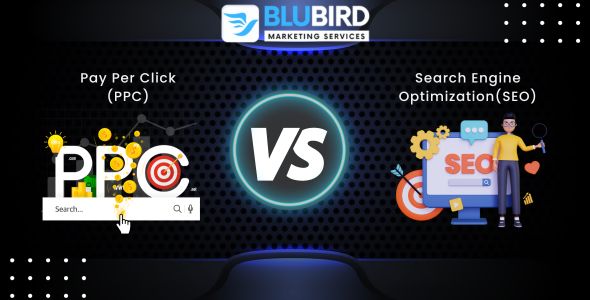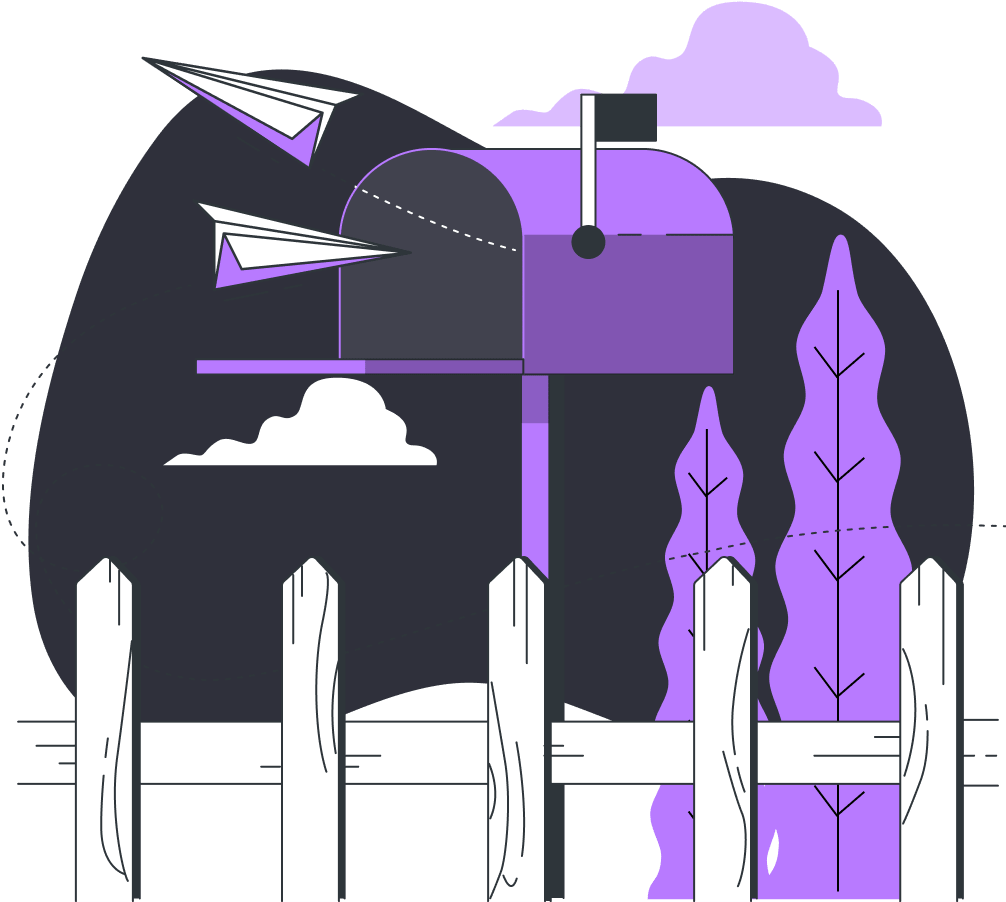Google ads campaigns are a proven way to attract customers. Due to its flexibility, it is an excellent marketing channel for targeted campaigns. That’s why it’s worth learning more about the PPC services offered by a digital marketing agency.
Pay-per-click (PPC) and Search Engine Optimization (SEO) are two popular digital marketing strategies that businesses use to drive traffic to their websites. While both methods aim to increase website visibility and attract potential customers, they differ in several ways.
In this article, we will delve into the key differences between PPC and SEO, as well as explore the pros and cons associated with each approach. By understanding the nuances of these strategies, you’ll be better equipped to make informed decisions about which method suits your business goals and objectives. So, let’s dive in and explore the world of PPC and SEO!
What is Pay Per Click (PPC)
PPC is a digital advertising model in which advertisers pay a fee each time their ad is clicked. These ads are displayed on search engine results pages (SERPs), as well as on various websites and social media platforms. PPC campaigns are typically managed through platforms like Google Ads, Bing Ads, or social media advertising platforms.
Pros of PPC
Immediate Results: PPC campaigns can generate immediate traffic and visibility. As soon as your campaign is live, your ads can start appearing on search results and other relevant platforms, ensuring quick exposure for your brand.
Targeted Audience: PPC allows you to target specific keywords, demographics, locations, and even interests. This level of targeting ensures that your ads are shown to the most relevant audience, increasing the likelihood of conversions and maximizing your return on investment (ROI).
Flexible Budget Control: With PPC, you have complete control over your budget. You can set a daily or monthly spending limit, making it easier to manage your advertising costs and adjust your strategy based on performance.
Cons of PPC
Costly: While PPC offers immediate results, it can also be expensive, especially for highly competitive keywords. Advertisers need to bid against competitors for ad placements, which can drive up the cost per click. Over time, this can impact your overall marketing budget.
Requires Ongoing Optimization: PPC campaigns require constant monitoring and optimization to ensure maximum efficiency. Without regular adjustments, your ads may become less effective, resulting in wasted budget and lower conversion rates.
Dependent on Ad Platforms: PPC campaigns rely on the availability and policies of ad platforms. Changes in algorithms, policies, or fees imposed by these platforms can impact the effectiveness of your PPC strategy.
What is Search Engine Optimization (SEO)
SEO focuses on improving a website’s visibility and organic rankings on search engine results pages. Unlike PPC, SEO does not involve paying for clicks. Instead, it involves optimizing various on-page and off-page factors to enhance a website’s relevance, authority, and user experience.
Pros of SEO
Cost-Effective: Unlike PPC, SEO does not require direct payment for clicks. Once your website is properly optimized, organic traffic can flow consistently without incurring additional costs per click, making it a cost-effective long-term strategy.
Sustainable Results: SEO efforts, when done correctly, can yield sustainable long-term results. By improving your website’s organic rankings, you can attract ongoing organic traffic and establish your brand as a trusted authority in your industry.
Enhanced User Experience: SEO involves optimizing various aspects of your website, such as site structure, content, and loading speed. These optimizations not only improve search engine visibility but also enhance the user experience, leading to higher engagement and increased conversions.
Cons of SEO
Time-Consuming: SEO is not an overnight solution. It requires time and patience to see significant results. Optimizing a website, creating quality content, and building backlinks all take time to implement and yield results.
Constant Algorithm Updates: Search engine algorithms are constantly evolving, and updates can impact your website’s rankings. Staying up-to-date with the latest SEO best practices and adapting to algorithm changes can be challenging.
Competitive Landscape: It is a widely adopted strategy, and competition for top rankings can be fierce, especially in highly competitive industries. Outranking established competitors can be a difficult and ongoing task.
Pay Per Click (PPC) VS Search Engine Optimization (SEO)
Here is a tabular comparison of pay per click (PPC) and search engine optimization (SEO):
| Category | Pay Per Click (PPC) | Search Engine Optimization (SEO) |
| Cost | Paid per click/impression | No direct cost (besides hiring SEO professionals) |
| Result Visibility | Instant | Takes time to achieve high rankings |
| Ranking Factors | Ad relevance, bid amount | Content quality, keyword optimization, backlinks, UX |
| Control | Full control over ad placement and targeting | Limited control over search engine algorithm |
| Traffic Generation | Immediate traffic for targeted keywords | Long-term traffic from organic search |
| Conversion Rate | Can have higher conversion rates | May have lower conversion rates depending on targeting |
| Landing Page Flexibility | Can direct users to specific landing pages | More flexible options to optimize entire website |
| Budget Flexibility | Can be adjusted based on budget | May require more investment for sustainable results |
| Maintenance | Requires continuous monitoring and tweaking | Ongoing optimization efforts, but less maintenance needed |
| Competitive Environment | Can be more competitive and costly | Relies on optimization techniques to beat competition |
| Ad Performance Measurement | Detailed performance metrics available | Limited insights into specific keyword performance |
Note: This table provides a general comparison between PPC and SEO, but it’s important to note that the effectiveness of each strategy can vary depending on individual circumstances, niche, and business goals.
Conclusion
Both PPC and SEO have their own unique advantages and disadvantages. PPC offers immediate visibility and precise targeting, but it can be costly and requires ongoing optimization. On the other hand, SEO provides a cost-effective and sustainable long-term strategy, but it requires time, patience, and adaptability to algorithm changes. Ultimately, the choice between PPC and SEO depends on your business goals, budget, and timeline. Many businesses opt for a combination of both strategies to achieve a well-rounded digital marketing approach.






